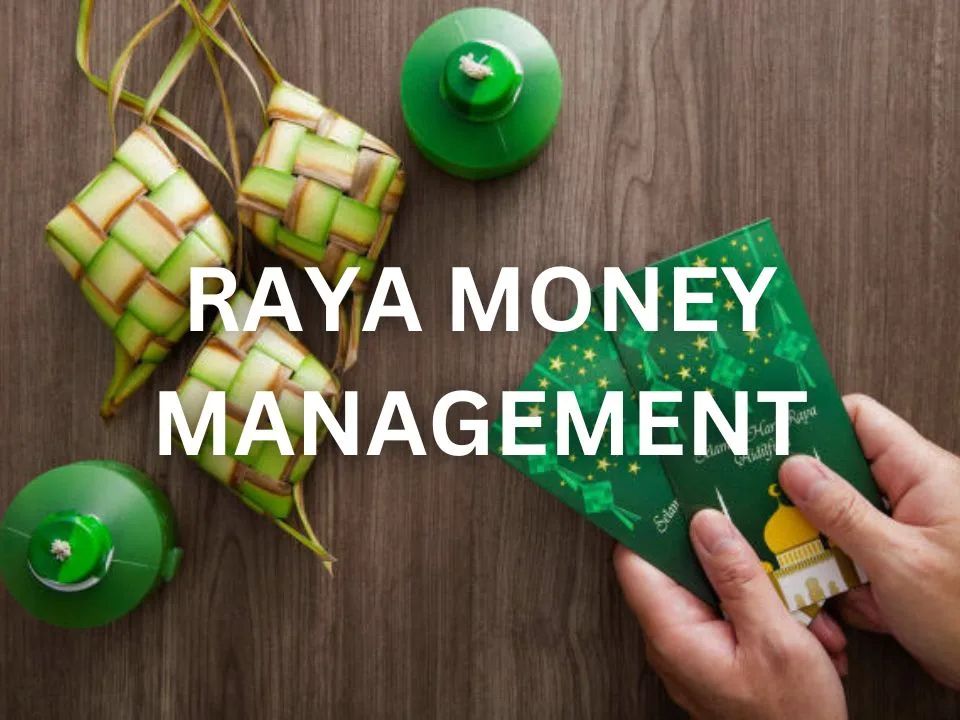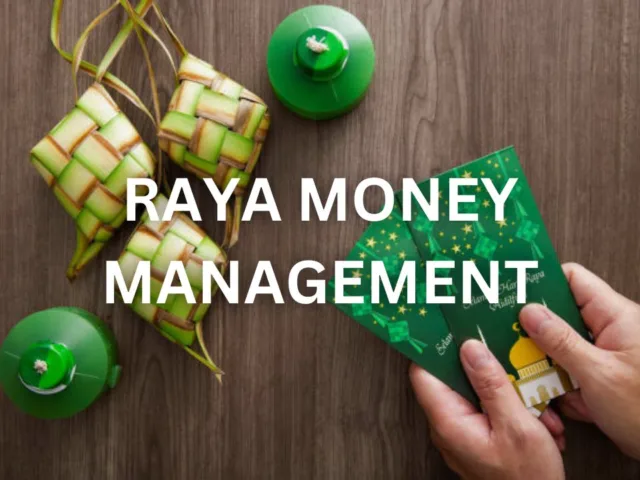
During Hari Raya, people come together to celebrate with family, seek forgiveness, and reflect on their actions. It’s also a period when many Malaysians tend to increase their spending. This isn’t surprising, considering the abundance of pop-up shops and daily sales tempting shoppers at every turn.
Tips For Raya Money Management
Amidst the allure of these offers, it’s essential to pause and contemplate whether the joy of indulgence will outweigh the potential financial strain. To prevent feeling constrained by financial burdens akin to being tightly wrapped like a ketupat, consider implementing the following tips.
Buy Now, Pay Later, Or Forever?
Opting for buy now, pay later schemes or deferred payments may offer the convenience of acquiring a new Baju Raya instantly. However, it’s important to consider the aftermath once the festive gatherings conclude and the temporary allure fades.
While it might be tempting to indulge, particularly during the festive season, it’s vital to exercise caution as these seemingly insignificant payments can accumulate over time. Over-reliance on deferred payment options for various expenses could potentially lead to a cycle of indebtedness.

Image via SoyaCincau
Whether you’re engaging in online shopping or planning a post-Raya holiday, it’s crucial to recognize the value of each penny. Choosing payment methods that promote savings, such as utilizing a Wise card with lower fees and more favorable exchange rates for international transactions, can prove advantageous.
Furthermore, prioritizing the settlement of any outstanding debts promptly after the festive season concludes is essential. Although the financial strain may not be apparent immediately, addressing these obligations promptly will undoubtedly benefit your future financial stability.
Savings To Save You

Image via Dollars and Sense
If you find yourself still receiving duit raya, the temptation to splurge all the additional cash on a trip may be strong. However, let’s acknowledge the reality: while lounging by the pool and escaping stress might seem delightful, returning to find yourself buried in debt is far from desirable. The sudden influx of money may create a sense of urgency to indulge, but exercising patience is crucial. You can always plan a holiday or make purchases later, after taking care of essential expenses.
Alternatively, consider saving the money for unforeseen circumstances or allocating some towards future trips. Remember the wise saying: ‘sikit-sikit, lama-lama jadi bukit‘ – gradually accumulating savings may enhance your next holiday or shopping experience beyond what you initially envisioned.
Cash It Or Bank It?
Traditionally, individuals received duit raya in physical cash, but nowadays, many are opting for electronic methods to send and receive these monetary gifts. With the increasing number of family and friends residing abroad, platforms like Wise facilitate seamless cross-border transactions for duit raya, offering favorable exchange rates. If your relatives prefer giving cash, it’s worth considering two alternatives to determine which one could lead to greater savings.
1. Bank It (Digitally)
If electronic payments are your preference, consider storing the cash in your digital account for convenient online access, as numerous platforms offer various savings features. For instance, the Wise account offers a ‘Jars’ feature designed to assist users in saving money across different currencies, particularly beneficial for frequent travelers. For sustained advantages, contemplate opening a savings account with favorable return rates over a specified duration.
2. Cash It
If digital options aren’t suitable for you, consider the cash stuffing system. Allocate a budget for groceries, entertainment, and other expenses, and store cash in separate envelopes designated for each category. This method enables you to track your spending visually, as you can easily monitor the amount of cash remaining in each envelope on a daily basis.
Amidst the festivities of Hari Raya, it’s essential to pause and contemplate your money management for the remainder of the year. Internalize these suggestions, and perhaps by the next Raya, you’ll find yourself in a significantly improved financial position. Wishing you a joyous Hari Raya!










